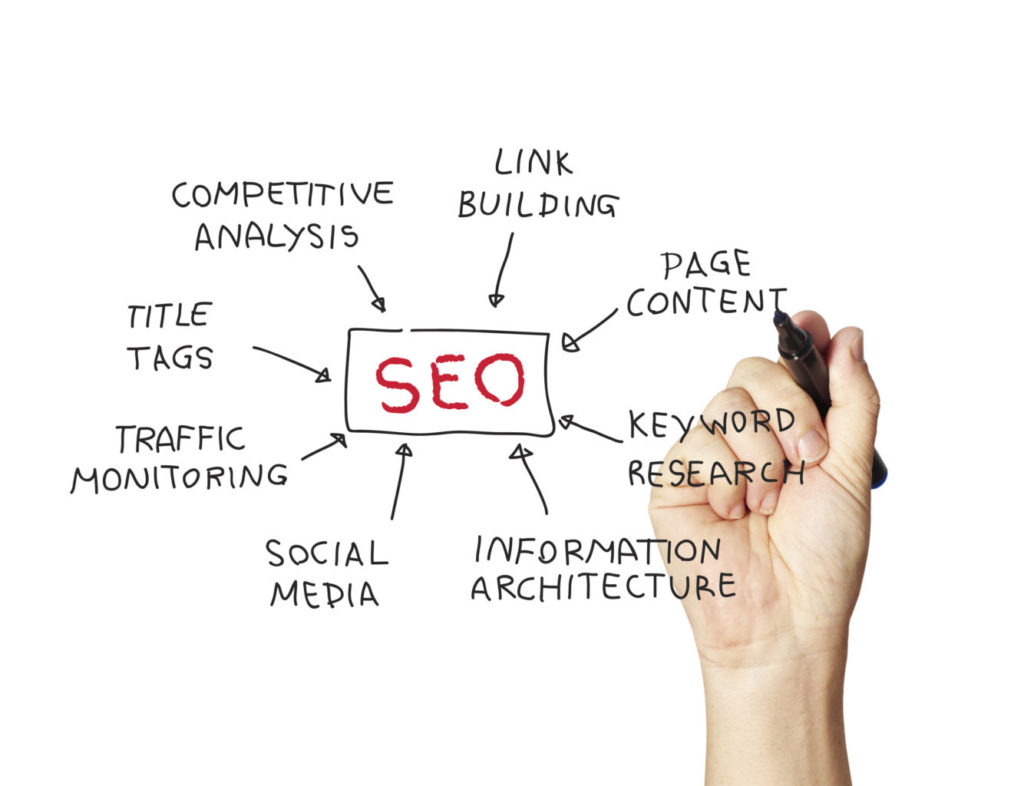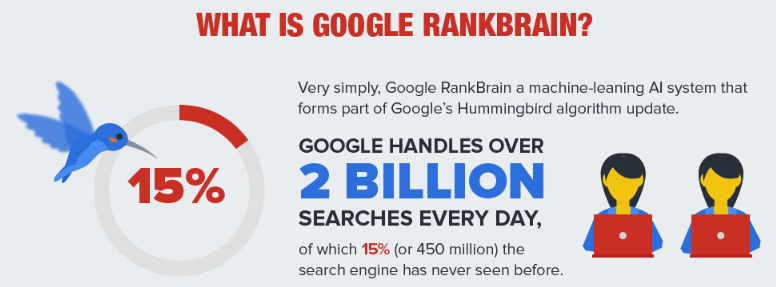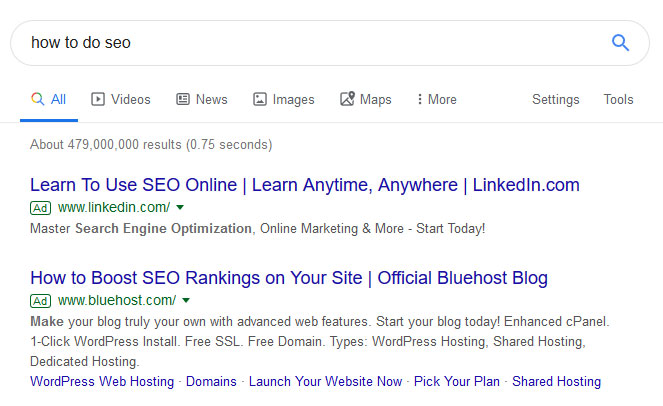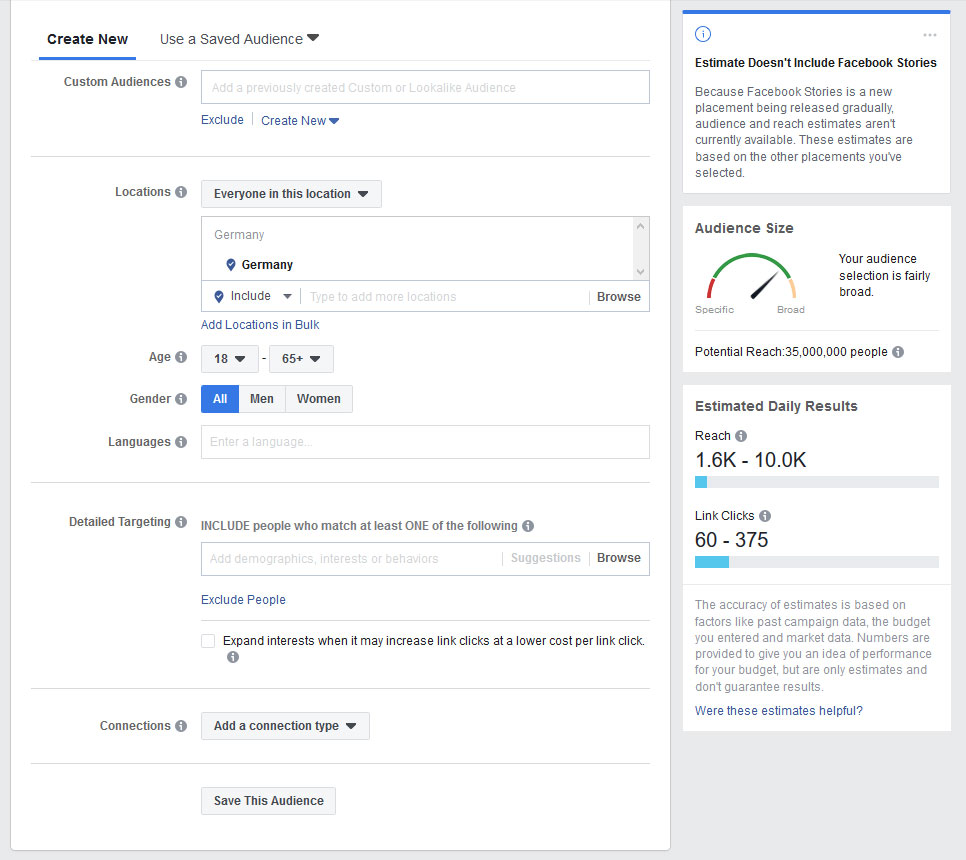The SEO vs PPC debate revolves around one question: how to get traffic to your site. Every online business needs it. No matter how great or innovative your product or service is, if nobody sees it, it might as well not exist.
One of the main traffic avenues for websites is search engines. Here, you have two basic options to gain visibility – search engine optimization (SEO) or pay-per-click (PPC) advertising.
Many marketers have seen great, long-term results by focusing their efforts on a strong SEO strategy. PPC campaigns, on the other hand, have helped companies instantly reach their markets. Yet, they come with a price.
So, which option should you choose?
Well, both options will give you what you want – traffic. It’s just deciding on which one best suits your needs that can be tricky.
In this post, we’ll discuss the ins and outs of both SEO and PPC advertising and provide you with valuable tips on how to decide which option will work best for you.
What is SEO?

SEO is the art (and science) of incorporating different strategies to ensure that your website pages rank high on search engines. When they do, you become more visible to your audience and more people click through to your site.
Getting visitors like that is often referred to as “organic traffic” because unlike PPC advertising, you don’t pay for it. If this is the route you want to take, let’s talk about the components of a good SEO strategy.
1. The Right Keywords or Key Phrases
Keywords are the words or phrases that consumers type (or speak) into search engines.

A good SEO strategy requires you to identify the keywords that members of your target market are using when searching online, and then strategically incorporating them into your website pages and other online content.
To get started on identifying possible keywords, brainstorm the phrases that someone looking for a site like yours might type into Google. Once you have a good pool of options, you’ll need to perform thorough research to see how popular the keywords are and how strong competition is.
There’s plenty of online tools to help you here, including SEMRush or Google Adwords Keyword Tool. For a thorough guide, refer to the post linked above.
2. Quality Content
Once you’ve identified your keywords, it’s then important to create quality content. Gone are the days of keyword stuffing and other SEO strategies that no longer work.
For many, creating content means long-form blog posts that inform and educate your users. This type of online content not tends to rank higher but is also an excellent tool for building a brand.
However, to achieve prominent placing in search engines, you also need to make sure your technical SEO is on fleek and that you do proper on-page optimization. SEO plugins can help you with that.
3. Backlinks
A few years ago, we finally got confirmation about the most important factors Google considers when ranking websites: content and backlinks. (Number three is RankBrain.)

When a reputable site links to you, that is a good indicator to search engines. It’s like a vote of confidence and means your content is providing readers with relevant information. The more quality backlinks you receive, the better you are perceived by search engines, and the higher you’ll rank.
So, these are the basics of SEO. Of course, there are other factors like site speed and mobile-friendliness but the above covers the long and the short of it.
Pros and Cons of SEO
Now that you have a good idea about what search engine optimization entails, let’s talk about its pros and cons.
Benefits of SEO vs PPC
In case we haven’t made it clear yet – SEO is great because it gets your site free traffic. Not only that, what makes organic traffic from search engines so valuable is the fact that it comes from a relevant audience.
Someone who has clicked through to your site from a search query is likely already interested in what you have to offer and thus more likely to convert. That’s why proper SEO is an excellent way to improve your conversion rates.
Plus, it’s mostly free. By adhering to SEO best practices, you can set up your content for search engine success all by yourself. Together with a well-optimized site, that is often enough to get your foot in the door.
However, if you don’t have the time to get knowledgeable in all these areas yourself, you might have to spend money on expert help. Yet, that’s not a prerequisite. You can absolutely do all the work yourself.
SEO can also have excellent ROI. Once your site begins to rank well for your keywords, you get 24/7 exposure because search engines never sleep.
Where SEO Falls Short
One of the biggest challenges to SEO is that it takes time to see results. If, for instance, blogging is one of your main SEO strategies, you probably know how long it takes to create high-quality blog content.
In addition to that, search engines sometimes take their sweet time to index and start ranking your new content. Then there is the problem of acquiring backlinks, doing email outreach, etc.
While there are situations where you can start seeing traffic immediately, this is usually when a piece goes viral or you already have a large email list or social media following. However, it is not the norm and also not related to SEO.

For you to see consistent traffic for your new blog, you’ll need to consistently publish high-quality content for several weeks or months. So, if you’re hoping to immediately raise brand awareness and start seeing results from SEO, you’ll be disappointed.
Finally, even when you think you are doing everything right in terms of SEO, a first-page ranking (which receives over 90 percent of traffic) is anything but guaranteed. With frequent algorithm changes and growing competition, ranking well takes constant work and vigilance.
So, what’s the alternative?
What is PPC Advertising?
Pay-per-click (PPC) advertising is exactly what it sounds like: companies display ads in search engines and pay a certain fee every time someone clicks on one.
You have probably seen these ads before. They appear in many prominent places inside search engines.

Because of that, they’re a great way to promote your business. With the right budget and configuration, you can all but guarantee that searchers will hear about you.
How to Create a PPC Campaign
There’s a lot that goes into formulating an effective PPC campaign:
1. Choosing the right keywords — Your aim is to select keywords that your target market are searching for so that you can rank for them. When doing your keyword research, be sure to pay close attention to the search volumes and CPC (cost-per-click) for those keywords.
2. Bidding — Once you’ve identified your keywords, know that you’re not the only business trying to appear for them. There are many of your competitors who want to do the same and for you to show up higher than them (or at all), you need to outbid them.
3. Optimizing your landing pages — Once your traffic starts flowing in, what page are they going to land on? A quality landing page will move your hard-acquired visitors toward a specific goal. This can be a sign-up to your newsletter, purchasing a product or else.
For detailed information on this topic, check this post.
Available Networks
In addition, there are several places where you can vie for PPC placement:
- Social media advertising — Facebook Ads can be effective because of the number of users on the platform and its effective targeting. If you’re clear on your demographics, you can reach your ideal customer, often for pennies on the dollar.
- Google Adwords — With Google being the most-used search engine, it makes sense that PPC ads on this platform are popular. Of course, keyword research is essential here since you want your ad to be seen by the right people.
- Retargeting — This means using cookies to show ads for your site to people who have already visited it in the past. While they might not have been interested back then, repeat confrontation with your offers might help turn them into a paying customer after all.
There are also other opportunities for PPC advertising, such as display networks and other social media platforms than Facebook.
Why Do Some Marketers Prefer PPC?
One of the biggest advantages of PPC advertising is that it helps drive site traffic instantly. As soon as your campaign is up, you can start seeing visitors your way. This makes it ideal for new businesses that don’t have the time to wait a few months for an SEO strategy to start bearing fruit or that want to rapidly test a business idea.
Another great advantage to PPC ads is that you can target them in a very focused way. When you’re clear on who you are trying to reach, you can include important factors into your campaign to do so.

This includes the time your ads are displayed, the location of the users, and the devices that your ads display on. Doing so can lead to very good ROI as the likelihood of recipients being interested is a lot higher.
It’s also much easier to measure your results with a PPC campaign. Once you get your figures, you can adjust or tweak your targeting further.
What are Some of the Drawbacks?
Every time a user clicks on your ad, you’re paying for it. While it may be okay if they convert, what if they don’t? What if they clicked on your ad by mistake? Paying for each click can be quite costly if you don’t closely monitor and optimize your campaigns.
The challenge comes when you’re a new business that’s trying to compete in an already-established market. Chances are, your competitors have a bigger budget and have put their bids on many of the keywords that you would like to use.
In addition, you are only as visible as your budget allows. No budget, no traffic. While paying for ads can get people on your site quickly, if your marketing campaign is solely based on PPC, as soon as your account dries up, so does your traffic.
SEO vs PPC – When to Use What
Since it’s clear that both options have notable advantages and disadvantages, let’s get back to what we sought to establish from the beginning of the post — is the best option for your business.
To sum up the points from above, you can consider SEO over PPC if:
- You want to establish and build a brand
- There are financial constraints on your marketing activities
- You can allocate resources to long-term measures like blogging and content marketing
On the other hand, you might want to choose PPC over SEO if:
- You’ve got a healthy budget and want to drive online traffic to your site immediately
- Your goal is to test your business idea before making long-term investments
- Your target market is very clearly defined
What About a Combined Approach?
However, what if SEO vs PPC didn’t have to be an either-or question? What if you could have the best of both worlds? Combining the two can actually have plenty of advantages:
- Instant traffic to give you feedback on your general marketing direction as well as immediate income
- The ability for your PPC results to inform your long-term SEO efforts
- Prompt brand awareness that can translate into long-term customer engagement
- Saving money by targeting costly keywords via SEO and less competitive ones through PPC campaigns
- Being able to pull back on your ads when money is tight and relying on organic results to maintain site traffic
As you can see, the two approaches to traffic generation are not exclusive to each other. In fact, if done well, one can support the other.
So, Which Will Work Best for Your Business?
As discussed, SEO and PPC can both give you great ROI. The basic decision you have to make is what you are going to spend, money or time? Each way of generating traffic can have favorable results but need a different kind of investment upfront. Which one is right for you, depends on your situation.
By now, you should be much clearer on what you can gain from each option. Of course, in an ideal world, you would have both the time and budget to make use of both options in combination.
However, even if you don’t live in an ideal world, you now have all the information you need to decide on your next steps.
Where do you land on the SEO vs PPC debate? We’d love to hear about your experience in the comments section!
The post SEO vs PPC for Traffic Generation – Which One Should You Choose? appeared first on Torque.
